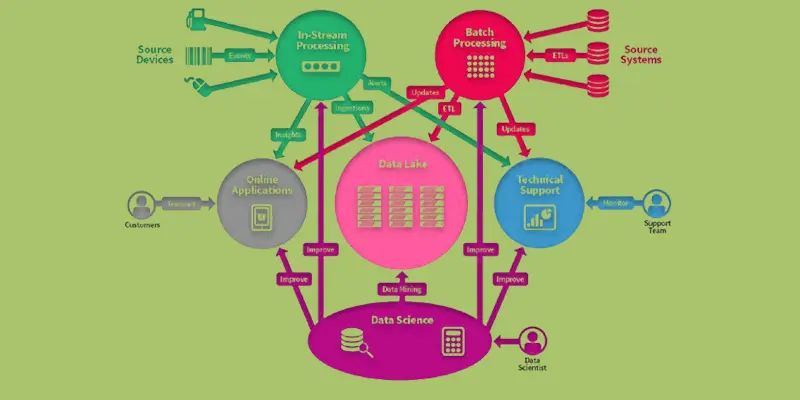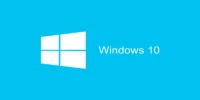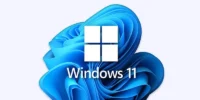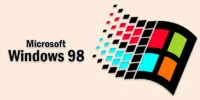Difference Between Batch Processing and Time Sharing Operating System, Purpose, Example, and How to Choose the Right
Published: 26 Jan 2025
Batch Processing VS Time Sharing Operating System
Batch processing and time-sharing operating systems are two fundamental approaches to managing tasks in a computer system. Did you ever wonder why some systems take input all at once and process it later, while others let you interact with them in real time? This confusion often arises when choosing the right system for your needs, especially when efficiency and user access are top concerns. Many users struggle with slow processing times or systems that can’t handle multiple users effectively. Imagine a payroll system that processes salaries overnight versus an online platform where users can make transactions instantly. Understanding the difference between these systems can help you make smarter choices for your business or project.

| Batch Processing | Time Sharing Operating System |
|---|---|
| Handles tasks one at a time, in batches. | Shares system time among multiple users. |
| No interaction during processing. | Real-time interaction is allowed. |
| Automates repetitive tasks. | Handles multiple users simultaneously. |
| Slower as it handles one job at a time. | Faster as it allocates time to each user. |
| Delayed; results are available later. | Immediate or very quick responses. |
| Simplified as tasks are predictable. | More complex to manage multiple users. |
| Data is collected and processed together. | Data is processed as users input it. |
| Best for bulk, repetitive tasks. | Ideal for real-time, interactive tasks. |
| Payroll systems, report generation. | Online banking, airline ticket booking. |
| Does not share resources during execution. | Shares CPU and resources among users. |
| Good for large offline jobs. | Perfect for multi-user environments. |
| Executes tasks in order of arrival. | Schedules tasks dynamically. |
| Usually more cost-effective. | Can be more expensive due to complexity. |
| Handles heavy loads without user delays. | Balances user demands efficiently. |
| Simple for developers and administrators. | Requires more advanced setup. |
| Billing systems, data backups. | Collaborative tools like Google Docs. |
| Errors affect the entire batch. | Errors can be fixed in real time. |
| Not suitable for time-critical tasks. | Best for time-sensitive processes. |
| Jobs are processed based on submission order. | Allows priority to important tasks. |
| Works on basic hardware. | Needs advanced hardware for efficiency. |
| Outputs a complete result after processing. | Outputs partial results as tasks proceed. |

Conclusion About TSOS and Batch Processing
The distinction between batch processing and time-sharing operating systems has been thoroughly discussed in this article.. For tasks like large-scale reporting or data backups, batch processing works wonders. For real-time, user-centric applications like online reservations, time-sharing excels. I recommend mapping your needs to these systems for maximum efficiency. Still unsure? Reach out to us or check out our related articles for deeper insights!
FAQS – Batch Processing and Time Sharing Operating System
It depends on your needs. Batch processing is better for repetitive tasks like payroll, while time-sharing is great for real-time tasks with many users, like customer support.
Yes, these systems can be used together. For example, batch processing can handle data backups, while time-sharing manages user interactions.
Batch processing is slower because it waits for all tasks to be ready before starting. It processes them one by one, which takes more time.
If there’s an error in batch processing, it can affect the entire batch. You’ll need to fix the error and reprocess the batch.

- Be Respectful
- Stay Relevant
- Stay Positive
- True Feedback
- Encourage Discussion
- Avoid Spamming
- No Fake News
- Don't Copy-Paste
- No Personal Attacks

- Be Respectful
- Stay Relevant
- Stay Positive
- True Feedback
- Encourage Discussion
- Avoid Spamming
- No Fake News
- Don't Copy-Paste
- No Personal Attacks





